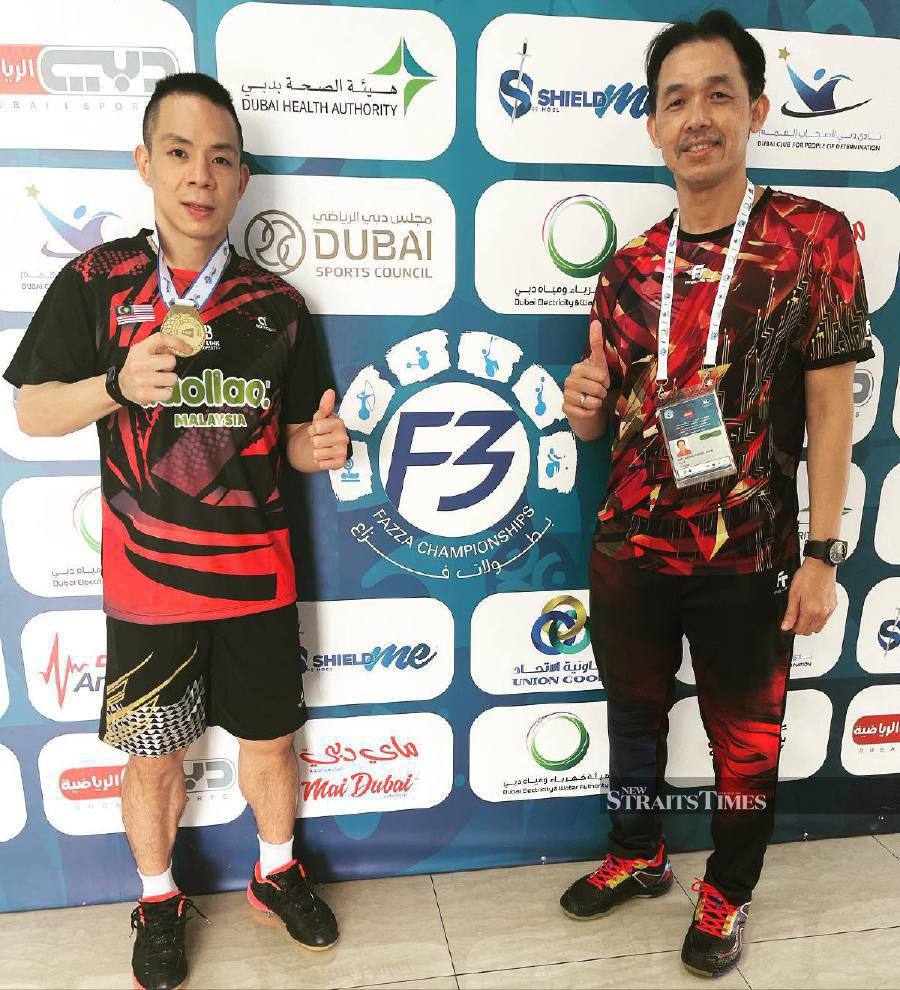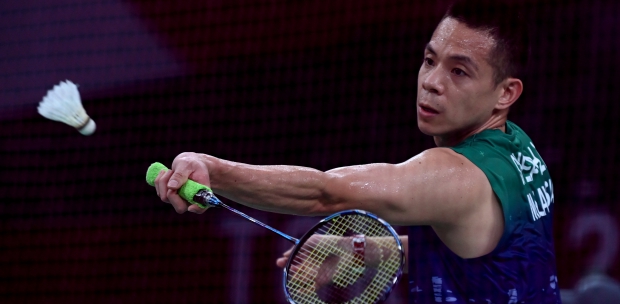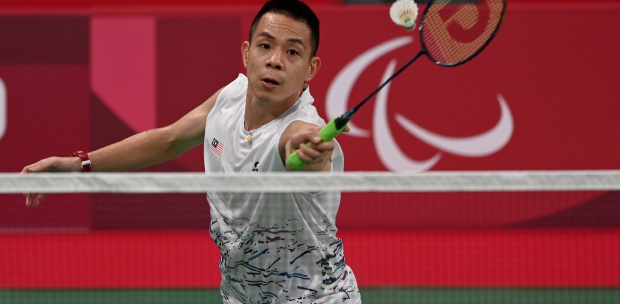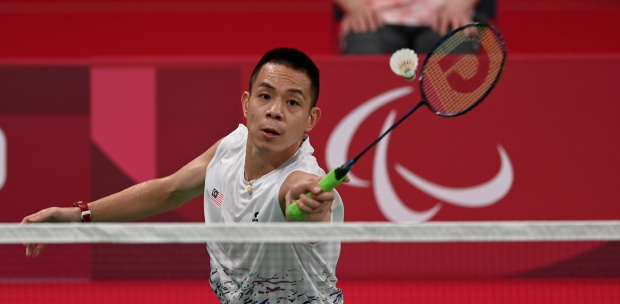The Tokyo Paralympics have not only made Cheah Liek Hou a national hero, but added a new dimension to Rashid Sidek's coaching career.
Rashid has long been involved in coaching able-bodied shuttlers for almost two decades before he started coaching Liek Hou in 2019 when he was the head coach of Sports Affairs Academy.
Rashid and Indonesian Nova Armada coached Liek Hou for about a year but the former left Sports Affairs in January last year.
Needing Rashid's expertise, the National Sports Council (NSC) then appointed him as a coach. And Liek Hou continued to thrive under Rashid, winning the Paralympic gold in Tokyo last month.
Liek Hou subdued pre-games favourite Dheva Andrimusthi of Indonesia in the SU5 (upper limb impairment) final to become Malaysia's first para-shuttler to win Paralympic gold.
The success of Liek Hou shows that Rashid is capable of producing more para-badminton champions.
"Being a para-badminton coach is a new challenge for me, and I have to thank Liek Hou for providing that opportunity.
"If he had not approached me (when Rashid was at Sports Affairs), I may not have stepped into this new role," said Rashid.
"His victory will breathe life into para-badminton, and we hope to see more success.
"What I found out is that there are similarities between coaching players in the SU5 category and able-bodied shuttlers. The main difference is the intensity level of court and physical training.
"Since Liek Hou used to be part of the national junior programme (under BAM), it's easier to guide him. I was able to come up with a programme to help him bring out his best.
"I will continue coaching Liek Hou as long as he needs me, and if there are other players, I don't mind contributing to their development as a coach."
Rashid has started his own academy, Rashid Sidek Badminton Club, and he is willing to coach the national para-shuttlers if called upon.
However, he said starting a para-badminton programme at his club will depend on funding from companies.
"It won't be easy to run a special programme at my club without funding for para-shuttlers. If there is support, I will start a programme," he added.
"As for now, I will focus on Liek Hou and other national para -shuttlers in his category and the WH6 where I guided Didin (Taresoh) in Tokyo if I get the nod from NSC.
"Categories like wheelchair badminton need specific skills, and it will not be easy to focus on too many categories."
NSC are expected to announce their new high performance programme leading to the 2024 Paris Games after the post-mortem of the Tokyo Games.
Liek Hou wants to use his Tokyo success story to inspire disabled children to take up badminton seriously.
"I want to continue playing for another few years, and more importantly I want to be a role model for young disabled players who want to take up badminton," he said.
"I believe my achievement will be a testimony for many players that hardwork will pay off, and that they, too, can make badminton a full-time career.
"This is my opportunity to repay the sport that has given me everything, and I want to continue motivating the younger generation.
"We need to have more players to get involved in para-badminton and I hope my success can help in this.
"I hope the parents are also brave enough to allow their children to be involved in badminton and other sports as well, as we have also produced Paralympic champions in athletics and powerlifting."
Liek Hou said he is undecided on taking up coaching after his retirement, but he hopes to contribute to para-badminton in any roles.





